Sale of Business
A sale of a business is typically structured as either a sale of assets or a sale of shares. Each of these methods offers certain benefits and could be preferable depending on the circumstances. The seller often prefers a sale of shares while the buyer often prefers a sale of assets due to the differing tax implications.
On a sale of shares, the buyer purchases the equity of the company. There are a few key tax implications to consider for this type of transaction:
- The profit from the sale of shares will result in a capital gain to the seller, meaning that only half of the capital gain is taxable.
- If the shares meet the criteria of qualified small business corporation shares (QSBC), the capital gain may be eligible to claim the capital gains deduction. Individuals have a lifetime capital gains exemption limit of $913,630 as of 2022, and it is possible to recognize a capital gain up to this amount and receive the entire amount tax-free.
- In a sale of shares, the purchaser inherits the tax attributes of your company. This includes the tax cost of your assets (e.g. depreciable property) and balances such as loss carry-forwards and investment tax credits (ITCs). The loss carry-forwards and ITCs can generally only be utilized if the purchaser carries on the same or similar business.
- A sale of shares is not subject to GST/HST.
In a sale of assets, the buyer purchases specific assets of the company and may take on specific liabilities as well. A sale of assets has the following tax implications that must be considered:
- The buyer and the seller must agree on an allocation of the purchase price between the assets as it can greatly impact the income tax implications to each party. For example, the sale of capital property may result in a capital gain and be eligible for the favourable capital gains inclusion rate. The sale of inventory will be fully taxable as business income.
- The tax cost of each asset to the buyer will be based on the allocation of the proceeds agreed upon.
- The net proceeds can be distributed to you after the capital gains and business income have been recognized in your corporation and corporate income taxes have been paid. This is typically completed by declaring a dividend to you which will be subject to tax at your marginal tax rate. The non-taxable portion of capital gains can be distributed to the shareholders by way of a tax-free capital dividend.
- A sale of assets may be subject to GST/HST, as well as other taxes such as land transfer taxes.
You will need to weigh the pros and cons for each side before making a decision. A sale of shares is a more simplistic transaction as it does not require an allocation of the proceeds, and the buyer assumes all assets and liabilities of the company. However, the previous point is often a significant drawback for the buyer: the buyer assumes all liabilities of the company, both known and unknown. The buyer is exposing themselves to a higher level of risk by purchasing the shares and typically will be unwilling to pay as much for the shares as they would for the assets as a result. A sale of shares may be desirable to the buyer in certain situations. The brand name or reputation of the business may also have value to them.
This article is intended for general information purposes only and does not constitute professional advice. Income tax law and regulation change frequently and the content on this article may no longer reflect the current state of the law. If you have any specific questions, you should consult a professional services advisor or email us for further advice.

